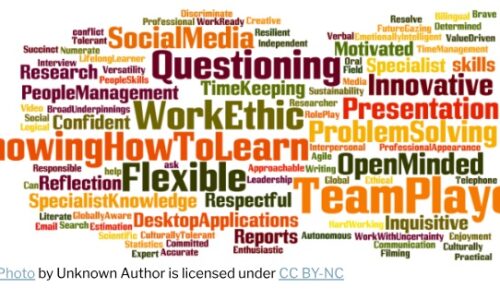Overview
Aim of the course
The didactic unit “Introduction to transformative learning in WBL: understanding the value of developing work-readiness skills” has as its main objective to improve the competence of VET trainers and internal tutors in the application of transformative learning within work-based learning (WBL) contexts. This unit aims to demonstrate how to motivate low-skilled learners to bridge the gap between the reality of the workplace and the education system by focusing on how transformative learning can lead to the development of essential skills for success in the workplace.
Through this unit, educators will better understand the concept and application of transformative learning, enabling WBL students to develop fundamental skills and attributes needed to enter and thrive in the workplace. The importance of skills beyond technical knowledge is emphasised, encompassing personal qualities, attitudes and skills valued by employers in a variety of industries. This unit highlights the relevance of learner-centred methodologies, demonstrating how they can improve work readiness and prevent mismatches and dropouts.
Main ideas
- Transformative Learning Methodology: Students should understand how transformative learning challenges and changes perspectives and beliefs, promoting deep and meaningful learning.
- The Importance of Work-Based Learning (WBL): It is key to understand how WBL integrates practical experience in the workplace with educational theory, providing skills and knowledge relevant to the real world.
- Work-Readiness Skills Development: Learners must identify and cultivate essential skills for workplace success, such as communication, teamwork, problem solving and adaptability.
- The Intersection between Transformative Learning and WBL: Recognise how transformative learning applied in the context of WBL can improve the employability of low-skilled students and bridge the gap between education and the work environment.
- Learner-Centred Methodologies: To highlight the importance of adapting educational strategies to the individual needs of learners, promoting their active participation and autonomy in the learning process.
Course Features
- Lectures 8
- Quizzes 3
- Duration 10 weeks
- Skill level All levels
- Language English
- Students 3
- Certificate No
- Assessments Yes
Curriculum
- 4 Sections
- 8 Lessons
- 10 Weeks
- Foundations and Application of Transformative Learning3
- Work-Readiness Skills and their Development3
- Modern Pedagogical Strategies for Active and Collaborative Learning3
- “To learn out more”2







